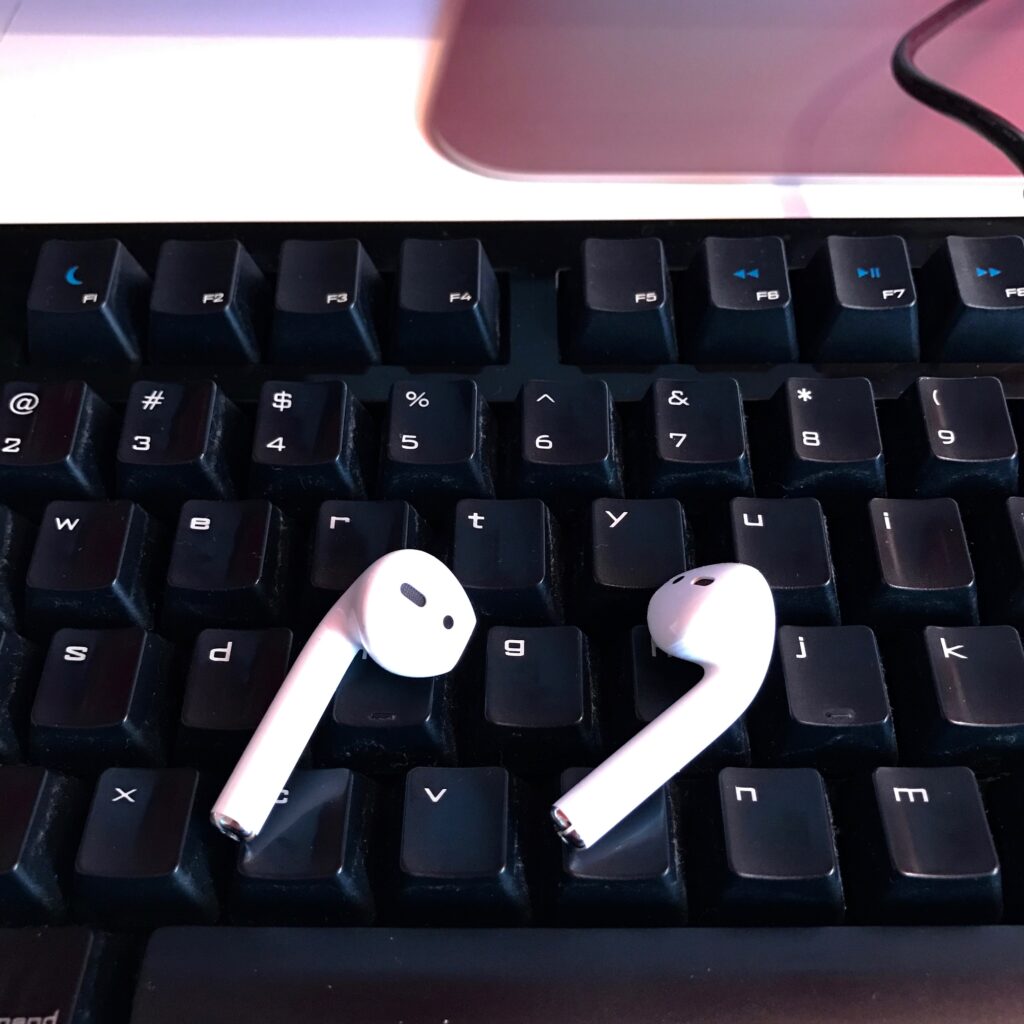We’re in the middle of a global pandemic. There’s no shortage of news about what’s going well and what isn’t. Even then, every now and then, something pops up on the various news channels that makes you stop and think. One of these things is how Amazon recently fired 2 employees for speaking out against the company — and I have seen one of the Tweets that, apparently, “broke the camel’s back” — it was a proclamation that the employee was making a contribution towards the well-being of the various warehouse employees on Amazon’s roster that, allegedly, aren’t being taken care of and are being forced to work in life-threatening conditions.
This is not something that all of us are unaware of — just this week, France compelled Amazon to only deliver/process orders for essential items as investigations revealed that a lot of warehouse employees were having to break social-distancing rules for the sake of shipping bottles of wine or other luxurious items like Nintendo Switches. In what sounds like verbal retaliation, Amazon has responded with a threat that it would completely stop its operations in France.
This kind of corporate behavior has become so normal and acceptable over the last 2 decades that the unpopular opinion now is to actually take a personal stand over issues that don’t align with personal values. When governments force better citizenship, they’re maligned. When private individuals do as much as voice their opinions outside of work in their private time, they’re found guilty of violating social media rules in the workplace.
While most people don’t go beyond the short-term impact of such punitive action against upholding a person’s identity and values, the long term impact is tremendous. People, evolutionally, have an urge to spread and validate their inherent values. While financial compensation and social acceptance is a way to successful limit these urges, these feelings have a way of boiling over and causing more harm than necessary.
In this hyper-connected world where all of our communications, down to where we are moving and which web pages we’re clicking on is traceable back to us, and is ultimately consequential to our work place and social acceptance, it becomes that much important to separate our humanity from our workplace obligations. To that end, we need to go back to how we expressed our opinions in the early days of the Internet, and where what we said or expressed was countered in a non-personal, reasonable manner.
This was especially true at universities and schools. We all had a webpage or two, where we expressed our thoughts, our plans, and ultimately, journaled our life and experiences. There were no repercussions for questioning politics or expressing an unpopular opinion that went against the University administration. At most, you would be referred to an independent ombudsman (person?) whose goal was to help both the parties.
Contrast that to now — people, especially those with good jobs at multinational organizations, seldom find the time or build a place to express themselves using their true identity. There have been countless instances of those that did so not recovering from the repercussions for a very long time. In fact, the bigger the company, the higher the chances of never being accepted anywhere else, and the greater the risk.
This is not how it’s supposed to be.
The more people avoid free expression, the more they flock to echo chambers that have the ‘other person with nothing to lose’ voicing their opinions that they could only look at for re-affirmation, but have no way to refine or to dilute towards the less radical. The algorithms at work tend to make this echo chamber ever bigger, and the same companies that ‘enable’ this ‘free expression’ build internal mono-cultures that dampen real expression by their own employees.
Those that continue to operate free blogs and voicing free opinion do so under the pretense of having nothing to lose, which is often a result of opting not to work for these companies or to de-prioritize career advancement in the traditional sense. After all, shouldn’t the top executive at Amazon be, in fact, supporting their warehouse workers and thanking the blogger instead of ignoring any punitive action taken against them by the company?
There is glimmer of hope that the world after this latest pandemic would be the world that uses the forced pause to reflect upon the values that make us human. Already, governments are stepping up efforts to better calibrate compensation for the delivery and healthcare workers according to their real contribution to the society. The world could certainly do with more equity and equality.
And more than anything, we need to make space for the unpopular opinion, for more often than not, the opinion is a result of having spent time pondering over things that no one else deemed necessary, or because someone had the courage to go against the grain.
 On a whim, 4 weeks ago, I logged onto the Apple Store app and decided to check the AirPods availability for in-store pickup. As I write this, they’re in extremely limited supplies with online ordered backordered by about 6 weeks and general store availability more than a month into the future. If you’re feeling lucky, you could check the app a few times a day to grab one as limited supplies come in sporadically.
On a whim, 4 weeks ago, I logged onto the Apple Store app and decided to check the AirPods availability for in-store pickup. As I write this, they’re in extremely limited supplies with online ordered backordered by about 6 weeks and general store availability more than a month into the future. If you’re feeling lucky, you could check the app a few times a day to grab one as limited supplies come in sporadically.